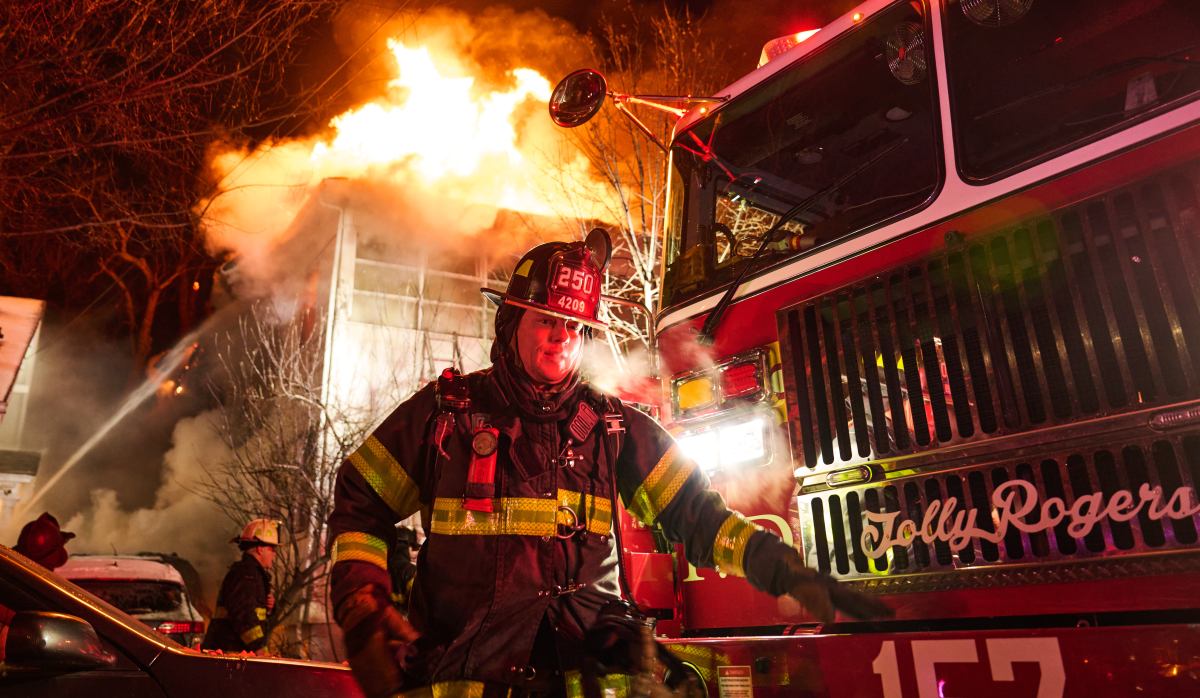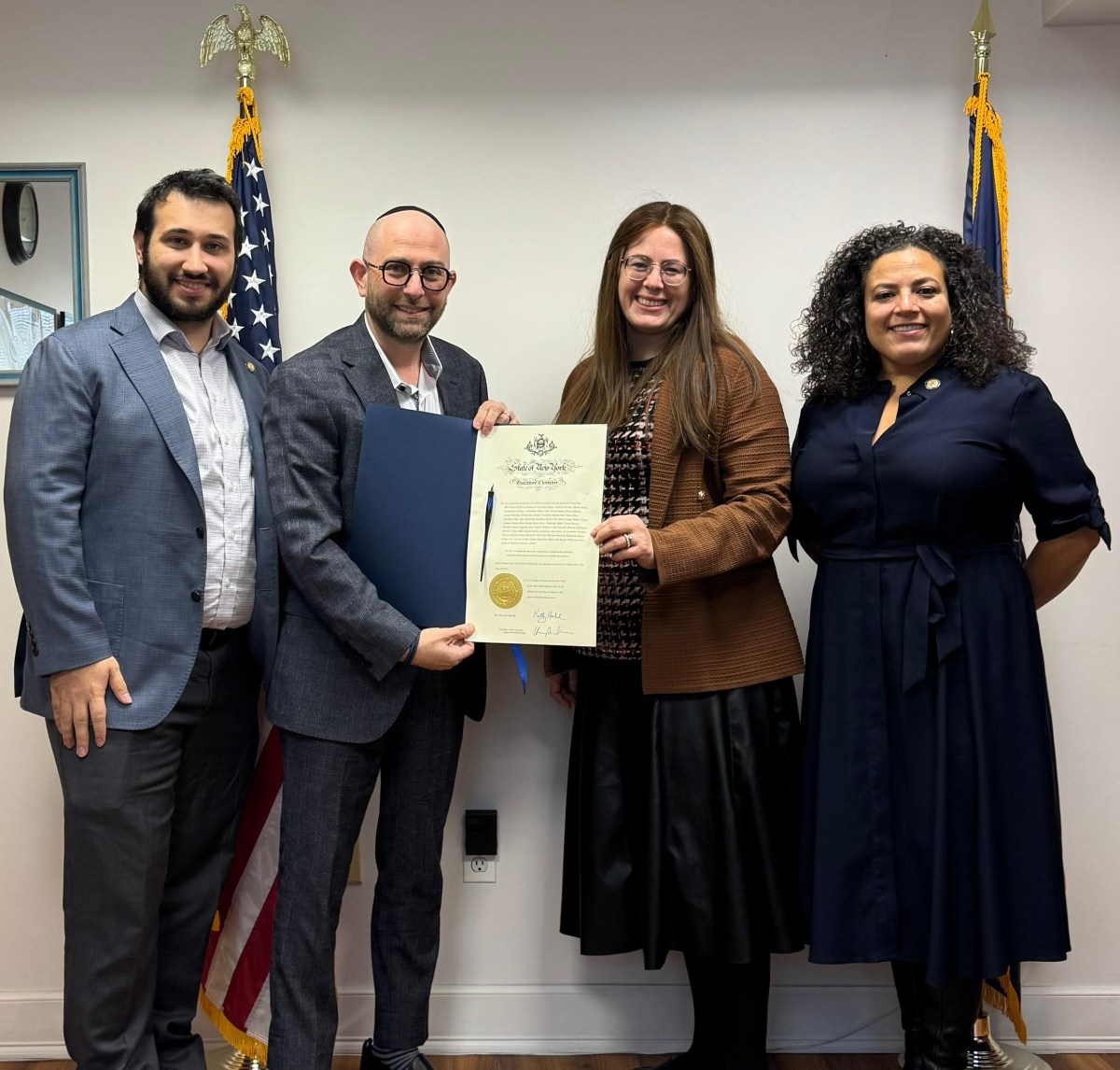Would you go back to the same used car salesman to purchase a replacement vehicle for the lemon that died after three months of use? Or re-hire the babysitter who got drunk while looking after your 1 year old? Or re-let your apartment to tenants who vandalized it during their first stay?
The answer is likely no. So why is it that, for decades, law enforcement agencies across the U.S., including the NYPD, have continued to hire “wandering officers” with prior histories of trouble?
“Wandering officers” are defined as police officers who were fired or resigned under threat of termination only to later find work in law enforcement elsewhere. Some were fired for offenses as severe as pistol-whipping children, sleeping with sex worker informants or napping in their squad cars while shootings occur. To allow them to rejoin the force smacks of madness.
Over the weekend, New York Council Speaker Corey Johnson and State Senator Brian Benjamin — both of whom are seeking to become the city’s next comptroller — announced bills to bar disgraced police officers from joining any other law enforcement department in the state.
With 15,000 plus law enforcement agencies spread across our 50 states hiring thousands of officers per year, officer mobility would seem to be the largest hurdle. Currently, rogue officers can move across state lines, and then obtain certification and employment there.
But how are these bad apples not being “policed,” one might justifiably ask?
Together with the fact that no robust account of “wandering officers” has been conducted in NYC to find out where the NYPD stands in this rehiring process, a National Decertification Index that tracks the interstate movement of decertified police officers was only put in place in 2015, is not sophisticatedly developed and is severely underutilized.
We eagerly await the specific details of Johnson and Benjamin’s plan to identify and remove unfit officers from our city and state. Such a plan before Election Day on June 22 would be ideal.
If you’re a cop, your credit score must be 850, as a member of one of the professions most vital to our safety as citizens. The federal government should doubtlessly make every effort to assist all states in developing a misconduct and decertification database — one as iron clad and national as exists for medical malpractice.
More than ever, we need the “finest” to protect New York. We should no longer settle for anything less.




































